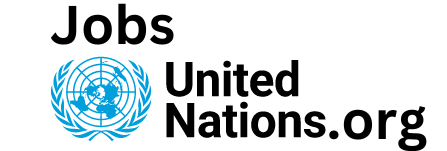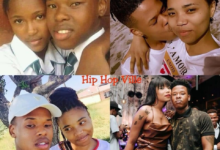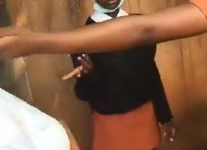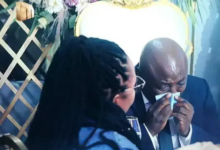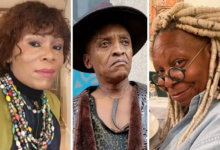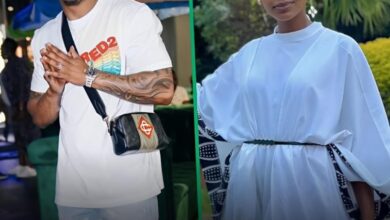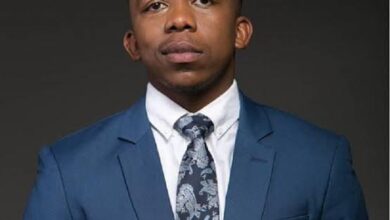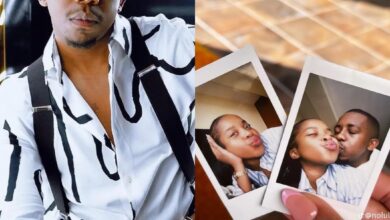Yolanda speaks for the first time after fired from ‘Big Brother Mzansi
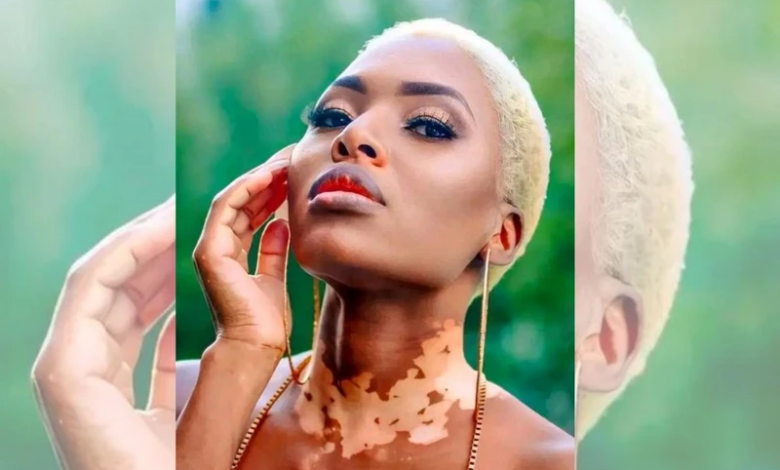
Eulanda “Yolanda” Monyai finds herself at the center of a storm of controversy, stemming from her regrettable comments on the fourth season of Big Brother Mzansi (BBMzansi). The Limpopo-born sales consultant faced disqualification from the competition on Friday, 15 March, following remarks that sparked outrage and condemnation.
Expressing disturbing intent, Yolanda uttered alarming statements regarding fellow contestants, crossing the line with remarks that left a chilling effect on viewers. “I want to molest her,” she brazenly stated, followed by equally unsettling comments about fellow contestant Sabelo “Papaghost” Ncube, declaring, “I’m going to go rape Ghost. I’m going to force myself into his bed.”
Such comments, in any context, are deeply troubling, especially within the framework of a reality show watched by millions. The gravity of Yolanda’s words cannot be understated, particularly in a societal landscape already grappling with the scourge of gender-based violence (GBV).
The ramifications of her words extended beyond the confines of the Big Brother Mzansi house, resonating profoundly with audiences and advocates against GBV. The outcry was swift and resounding, with many calling for accountability and swift action.
In accordance with the Criminal Law Sexual Offences and Related Matters Amendment Act, Yolanda’s comments underscored a blatant disregard for the principles of consent, showcasing a dangerous mindset that cannot be excused or tolerated. Consent, a fundamental pillar of ethical human interaction, was egregiously ignored in her remarks, reflecting a distressing lack of understanding or empathy.
In the wake of the backlash, Yolanda offered a public apology, seeking to mitigate the damage caused by her words. In a video addressed to her fellow housemates, she expressed remorse for her actions, acknowledging the hurt and offense they caused. “Guys, I just want to apologize for what happened on Thursday,” she began, her contrition palpable.
“I wanna apologize to Ghost for what I said to you and what I said about you on that clip that you saw. And I just hope that you forgive me or find it in your heart to forgive me. I know that you know that’s not what I meant and the whole thing just landed wrong. I apologize for that.”
Yolanda attempted to clarify the context of her remarks, attributing them to a misinterpretation and highlighting a perceived age discrepancy between herself and Papaghost. However, the damage inflicted by her words cannot be easily remedied by explanations or justifications.
In addition to seeking forgiveness from her fellow contestants, Yolanda extended her apologies to her fans, known as the Yolifires, and her mother, acknowledging the impact of her actions on her personal relationships and public image.
Yolanda’s disqualification from Big Brother Mzansi is not an isolated incident within the context of the show’s history. Earlier in the season, Lindokuhle “Bravo B” Nsele faced similar consequences for disturbing remarks related to GBV. The 29-year-old food vendor from KwaZulu-Natal, along with fellow contestant Tshepo “Makhekhe” Tau, was caught on video plotting sexual encounters with intoxicated female housemates.
Bravo B’s comments, like Yolanda’s, underscored a troubling pattern of behavior within the Big Brother Mzansi house, prompting introspection and scrutiny regarding the show’s screening processes and the responsibility of contestants to uphold ethical standards.
In the aftermath of their disqualifications, both Yolanda and Bravo B issued apologies, though the damage wrought by their words reverberates far beyond the confines of reality television. As society grapples with the pervasive issue of GBV, the accountability of public figures and media platforms in perpetuating harmful narratives remains a pressing concern.
